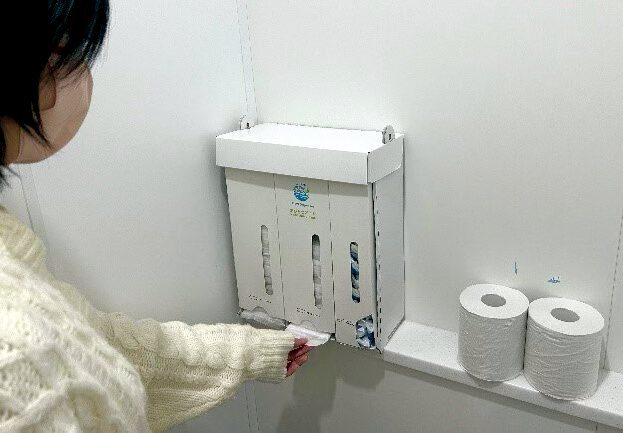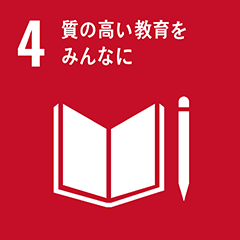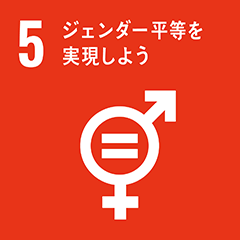Inochi Declaration
Promote a society where everyone knows about and supports menstruation as a concrete step toward achieving gender equality.
“Does gender equality sometimes feel like a distant, abstract goal?”
Achieving this goal indeed requires overcoming various forms of inequality and barriers through diverse approaches, along with persistent improvement and reform. One issue within this broader challenge is how menstruation is addressed. The onset of menarche (first menstruation) typically occurs in adolescence, and from then on, most individuals experience a menstrual cycle approximately once a month. While this is a natural biological process, it necessitates menstrual management, and many individuals suffer from menstrual pain to varying degrees. Menstruation can also become a hindrance to studying or working. Furthermore, many have experienced anxiety about menstrual leaks due to not having access to sanitary products or being unable to change them frequently enough—whether at school, at work, or while out and about.
Despite these realities, in many societies—including Japan— menstruation is still treated as something to be hidden.
Many individuals endure discomfort and manage menstruation alone without sharing their struggles*1. Although basic biological knowledge of menstruation is taught in schools, meaningful communication about the experience of menstruation is often lacking. Regardless of gender, it is essential to foster greater understanding of menstruation itself, the variations in individuals’ experiences, the growing diversity of menstrual products and body care options, and how we can support others.

MeW dispenser installed in a restroom stall
For example, imagine a society where sanitary products are freely available inside restrooms. Such a small design change could significantly improve the well-being of those who menstruate. Since 2021, the MeW Project (Menstrual Wellbeing by/in Social Design) at the University of Osaka’s UNESCO Chair has been working to create such a system*2. Specifically, they developed the MeW Dispenser—a cardboard, assembly-type dispenser for sanitary products— through academia-society collaboration. These dispensers can be easily installed in restrooms. At the University of Osaka, the Diversity and Inclusion Center and the MeW Project have collaborated to install MeW Dispensers in all women’s and all-gender restrooms across its three campuses*3. Students, prospective students, and even visitors from outside the university have expressed their appreciation, saying they were “saved” by the availability of these products.
The use of MeW Dispensers is spreading beyond universities to elementary, junior high, and high schools, municipalities, and businesses—and has also been introduced in emergency shelters. During disasters, evacuees often face difficulties in accessing menstrual products. Although the situation has improved since the 2011 Great East Japan Earthquake, there are still reports, such as from the 2024 Noto Earthquake, of challenges like sanitary products being placed in conspicuous locations where it is hard to retrieve them, or products not matching users’ needs.
We must normalize the practice of making menstrual products available in restrooms, just like toilet paper. Supporting menstruation in this way not only improves well-being but also serves as a trigger for greater awareness, discussion, and understanding of menstruation across schools, companies, and society at large. The MeW Project will continue its awareness-raising and outreach efforts, collaborating with diverse actors.
The Inochi Forum values and supports such initiatives. Together, we will work to spread the practice of knowing about and supporting menstruation as a concrete step toward achieving gender equality.
[Notes]
*1 UNICEF WHO monitor menstruation-related issues within the SDGs:
https://washdata.org/monitoring/menstrual-health
*2 The University of Osaka UNESCO Chair MeW Project:
https://mew.hus.osaka-u.ac.jp/
*3 The University of Osaka Diversity and Inclusion Center – Free Provision of Sanitary Products in Restrooms:
https://www.di.osaka-u.ac.jp/dispenser-list/
[Action Platform]
Diversity and Inclusion
[SDGs]




